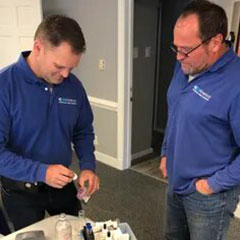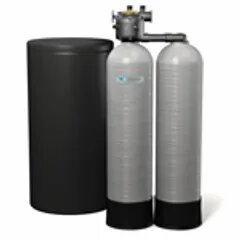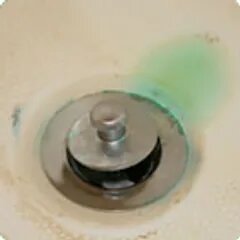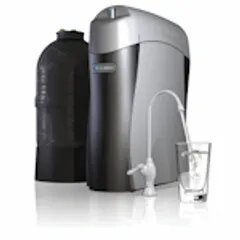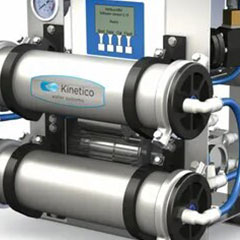A Guide to Choosing the Perfect Water Filter
If you’re concerned about the quality of your tap water, you’re not alone. With increasing awareness of contaminants and pollutants in our water supply, many people are turning to water filters to ensure that their drinking water is safe and clean. But with so many options available, how do you choose the perfect water filter for your home? Let’s dive into the details and help you make a crystal-clear choice.
Assess your water quality.
Before diving into the world of water filters, it’s essential to understand the quality of your tap water. You can request a water quality report from your local municipality or invest in a home water testing kit to assess the levels of contaminants such as chlorine, lead, and pesticides. Understanding your water quality will help you determine which type of water filter is best suited to address your specific concerns.
Identify your filtering needs.
Once you have a better understanding of your water quality, it’s time to identify your filtering needs. Are you primarily concerned about removing chlorine and improving taste? Or are you looking for a more comprehensive solution to remove heavy metals and other contaminants? Different water filters are designed to target specific contaminants, so it’s important to choose one that meets your needs.
Explore different types of water filters.
Water filters come in a variety of types, each with its own pros and cons. Here are some common options to consider:
- Activated Carbon Filters: These filters use activated carbon to absorb and remove contaminants like chlorine, volatile organic compounds (VOCs), and some heavy metals. They’re relatively affordable and easy to install, making them a popular choice for residential use.
- Reverse Osmosis Systems: Reverse osmosis systems use a semi-permeable membrane to remove a wide range of contaminants, including lead, arsenic, fluoride, and bacteria. While they’re highly effective, they can be more expensive and require professional installation and maintenance.
- UV Water Purifiers: UV water purifiers use ultraviolet light to disinfect water by killing bacteria, viruses, and other microorganisms. They’re often used in conjunction with other filtration methods to provide an extra layer of protection against biological contaminants.
Consider maintenance and cost.
When choosing a water filter, it’s important to consider both the initial cost and the ongoing maintenance requirements. Some filters require regular replacement of cartridges or membranes, while others may need periodic cleaning or disinfection. Factor in these additional costs and maintenance tasks when making your decision to ensure that you can properly maintain your water filter over time.
Consult with water filtration experts.
If you’re feeling overwhelmed by the options or unsure which water filter is right for you, don’t hesitate to consult with water filtration experts. They can provide personalized recommendations based on your water quality, filtering needs, and budget constraints. Additionally, they can offer guidance on installation, maintenance, and troubleshooting to ensure that your water filter continues to provide clean, safe drinking water for years to come.
Conclusion
In conclusion, choosing the perfect water filter for your home in Richmond, VA, is a decision that requires careful consideration and research. By assessing your water quality, identifying your filtering needs, exploring different types of water filters, considering maintenance and cost, and consulting with water filtration experts, you can make an informed decision that meets your specific requirements. Remember, investing in a high-quality water filter is an investment in your health and wellbeing, providing you and your family with access to clean, safe drinking water for years to come.

